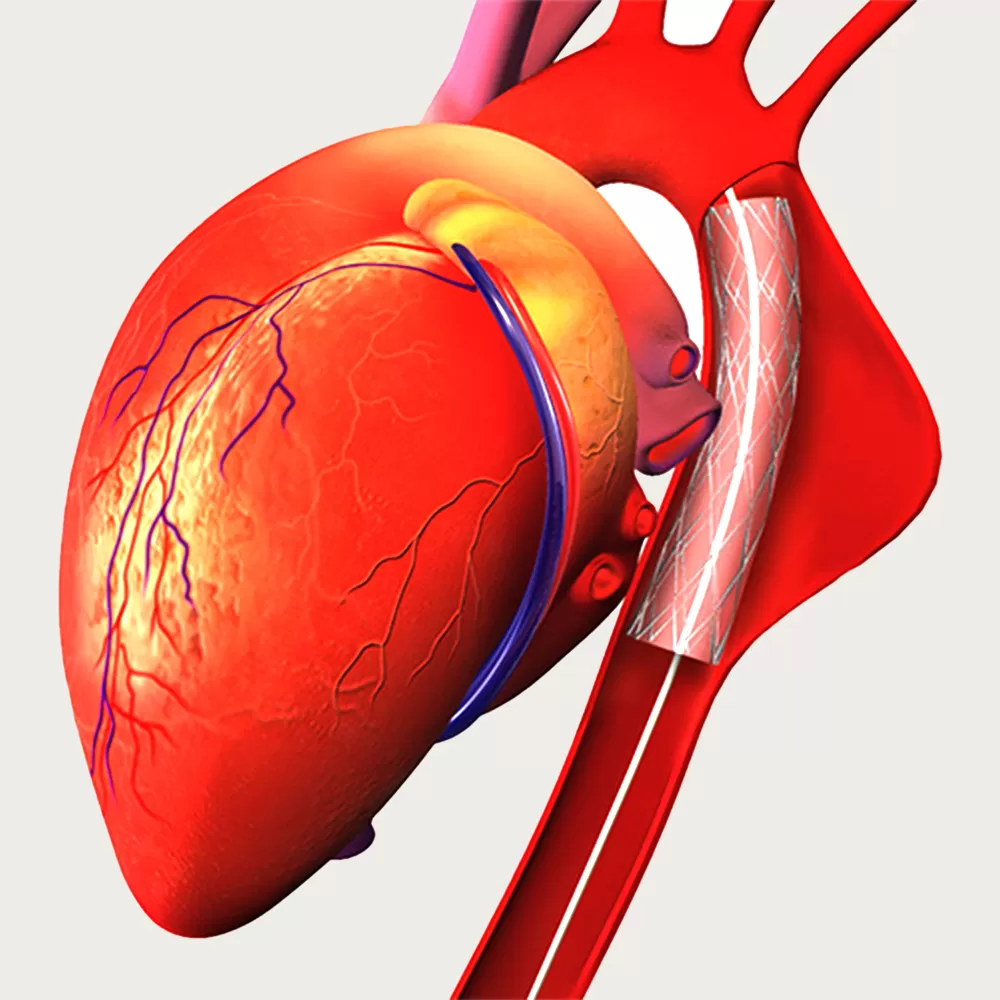Who is not a candidate for minimally invasive bypass surgery?

Minimally invasive bypass surgery is an advanced method for treating coronary artery disease with reduced recovery times and smaller incisions. While this surgical option has significant advantages compared to traditional open-heart surgeries, it is not suitable for everyone. Minimally invasive surgeons follow specific criteria to assess eligibility, guarantee safety, and achieve the best possible patient outcomes. Understanding these criteria and the key factors that determine candidacy is fundamental for those exploring options in cardiac care.
Medical Conditions
Certain medical conditions can make it challenging to proceed safely with minimally invasive bypass surgery. One such condition is severe calcification of the aorta or coronary arteries. When calcium deposits build up along these blood vessels, they can obstruct the proper passage of surgical instruments. This limits access and increases the risk of complications, making traditional surgical approaches a safer alternative in these cases.
Advanced lung disease is another factor that may disqualify a patient. Lung diseases can compromise normal lung function, leading to higher respiratory risks during and after surgery. Minimally invasive surgeons carefully evaluate lung health as part of the preoperative assessment to minimize potential complications. Patients with prior heart surgery are often not eligible for minimally invasive approaches. Surgical adhesions and scarring, which develop due to previous open-heart procedures, can complicate access to the heart and surrounding structures. These factors may pose significant surgical challenges, leading to increased risks that outweigh the benefits of a minimally invasive method.
Complex Coronary Artery Disease
The degree of coronary artery disease plays a pivotal role in determining whether a patient qualifies for minimally invasive bypass surgery. Those with complex coronary conditions involving multiple blockages or blockages located in difficult-to-reach areas may not be suitable candidates. For instance, if key obstructions are dispersed across multiple arteries, addressing them through minimally invasive techniques may be impractical. Instead, open-heart surgery provides greater flexibility for surgeons to restore optimal blood flow across all affected vessels.
Another key challenge lies in the location of the blockages. When obstructions occur in sections of the coronary arteries that are anatomically challenging to access, traditional surgical methods may be the preferred choice. Minimally invasive bypass techniques require precise access and visualization; complications can arise when these factors cannot be achieved.
Comprehensive Assessment
Evaluating candidacy for minimally invasive bypass surgery involves a comprehensive assessment by minimally invasive surgeons. This evaluation typically includes advanced imaging, lung function testing, and heart and vascular system examinations. The patient’s unique medical history and conditions are analyzed to determine whether the procedure aligns with their overall health profile.
The assessment is not solely focused on physical health. Psychological factors and a patient’s willingness to adhere to postoperative care are also relevant. Making sure there is proper recovery and managing risks requires an understanding of the full picture.
Consult Minimally Invasive Surgeons Today
While minimally invasive bypass surgery offers incredible benefits, it is not suitable for everyone. Factors such as advanced lung disease, prior heart surgery, and complex coronary artery conditions can limit eligibility. Minimally invasive surgeons guide patients to the most appropriate care, balancing safety and effectiveness. If you are exploring your options, consult an experienced minimally invasive surgeon to review your options and determine the right path forward.
- What to Expect When Visiting a Foot and Ankle Specialist
- Causes of PTSD
- The Link Between Plantar Fasciitis and Weight Gain: What You Need to Know
- How Pet Ownership Can Positively Impact Life with Fibromyalgia
- The Importance of Stretching and Flexibility in Sports Medicine
Dr. Emma Green is a health and wellness expert with over 10 years of experience in nutrition and fitness. Passionate about helping others live their healthiest lives, Dr. Green shares practical advice on wellness, nutrition, and sustainable living through LivingSpristine.






